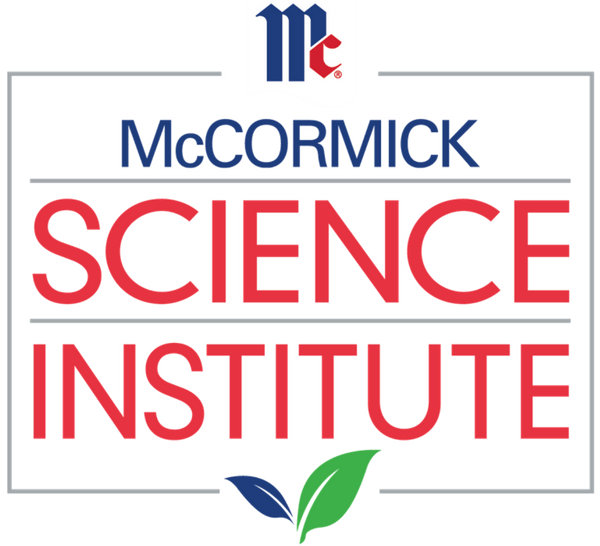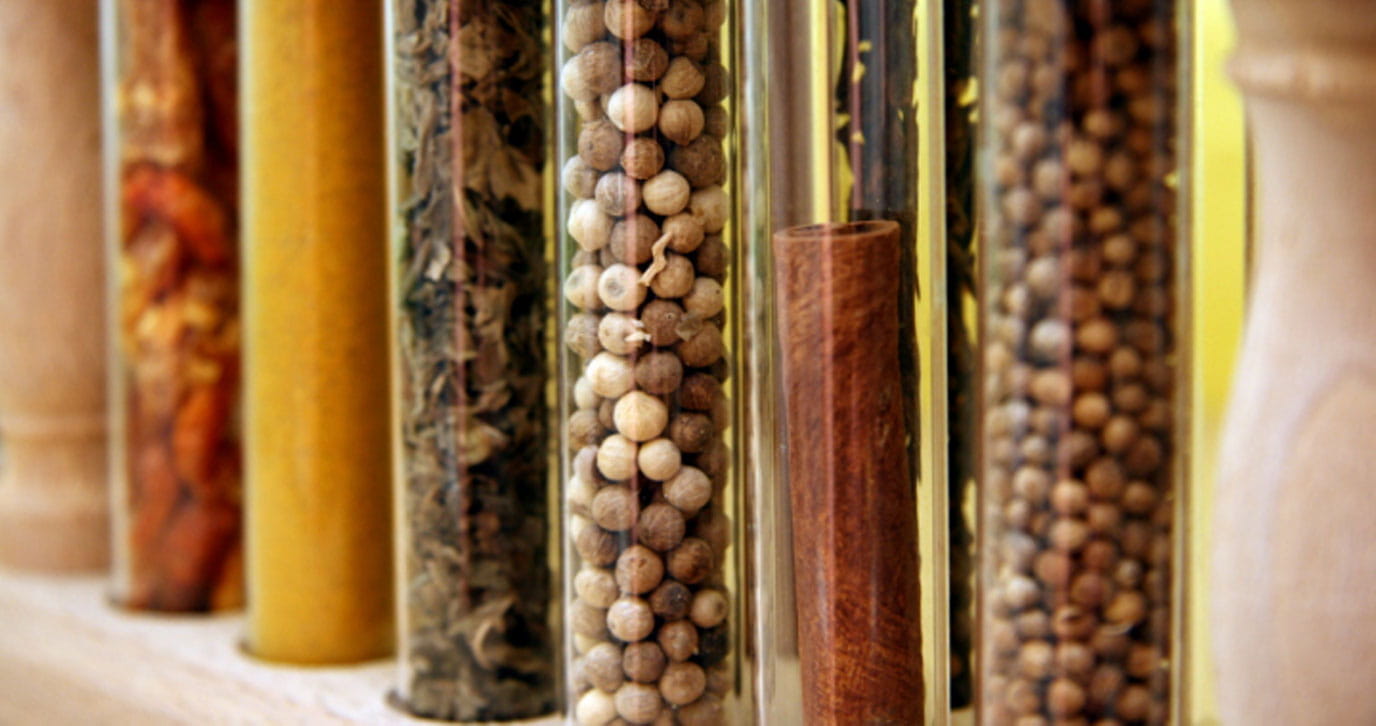November, 2024
Nutrition Education in Primary Care: Comparing Video vs Handout InterventionsCinnamon Spice & Continuously Monitored Glycemic Response In Adults With Prediabetes: A 4-Week Randomized Controlled Crossover Trial
Hila Zelicha, Jieping Yang, Susanne M Henning, Jianjun Huang, Ru-Po Lee, Gail Thames, Edward H Livingston, David Heber, Zhaoping Li

Objectives
The purpose of this study was to determine the effect of daily cinnamon spice supplementation in an amount commonly used for seasoning on glucose concentrations in adults with obesity and prediabetes.
Methods
Following a 2-week run-in period of maintaining a low polyphenol/fiber diet, 18 participants with obesity and prediabetes underwent a 10-week randomized, controlled, double-blind, crossover trial (mean age 51.1 y; mean fasting plasma glucose 102.9 mg/dL). The participants were randomly assigned to take cinnamon (4 g/d) or placebo for 4 weeks, followed by a 2-week washout period, and then crossed over to the other intervention for an additional 4 weeks. Glucose changes were measured with continuous glucose monitoring. Oral glucose tolerance testing immediately following ingestion of cinnamon or placebo was performed at 4 time points to assess their acute effects both at the baseline and end of each intervention phase. Digestive symptom logs were obtained daily.
Results
There were 694 follow-up days with 66,624 glucose observations. When compared with placebo, 24-h glucose concentrations were significantly lower when cinnamon was administered [mixed-models; effect size (ES) = 0.96; 95 % confidence interval (CI): -2.9, -1.5; P < 0.001]. Similarly, the mean net-area-under-the-curve (netAUC) for glucose was significantly lower than for placebo when cinnamon was given (over 24 h; ES = -0.66; 95 % CI: 2501.7, 5412.1, P = 0.01). Cinnamon supplementation resulted in lower glucose peaks compared with placebo (Δpeak 9.56 ± 9.1 mg/dL compared with 11.73 ± 8.0 mg/dL; ES = -0.57; 95 % CI: 0.8, 3.7, P = 0.027). Glucose-dependent-insulinotropic-polypeptide concentrations increased during oral glucose tolerance testing + cinnamon testing (mixed-models; ES = 0.51; 95 % CI: 1.56, 100.1, P = 0.04), whereas triglyceride concentrations decreased (mixed-models; ES = 0.55; 95 % CI: -16.0, -1.6, P = 0.02). Treatment adherence was excellent in both groups (cinnamon: 97.6 ± 3.4 % compared with placebo: 97.9 ± 3.7 %; ES = -0.15; 95 % CI: -1.8, 0.2, P = 0.5). No differences were found in digestive symptoms (abdominal pain, borborygmi, bloating, excess flatus, and stools/day) between cinnamon and placebo groups.
Conclusions
Cinnamon, a widely available and low-cost supplement, may contribute to better glucose control when added to the diet in people who have obesity-related prediabetes. This trial was registered at clinicaltrials.gov as NCT04342624.
Reference
Zelicha, H, Yang, J, Henning, SM, Huang, J, Lee, RP, Thames, G, Livingston, EH, Heber, D, Li, Z. Effect of cinnamon spice on continuously monitored glycemic response in adults with prediabetes: a 4-week randomized controlled crossover trial. American Journal of Clinical Nutrition. 19(3):649-657. 2024.






